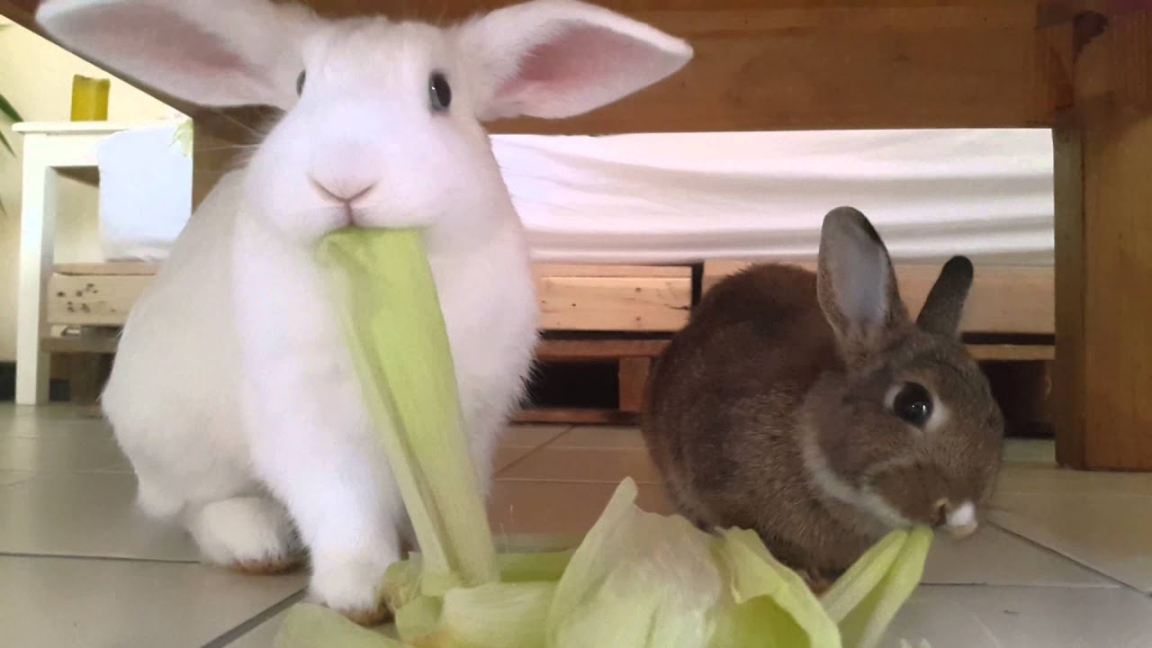Can Rabbits Eat Corn Husk?
When it comes to feeding our furry little friends, rabbits, it’s essential to provide them with a well-balanced diet that meets their nutritional needs. While rabbits are herbivores and primarily consume hay, fruits, vegetables, and a small amount of pellets, it’s natural to wonder if they can nibble on other plant-based foods like corn husks.

The Nutritional Value of Corn Husk:
Corn husks are the outer covering of corn, also known as maize. They are usually removed before eating the corn kernels and are often discarded. Corn husks are relatively low in nutritional value compared to other foods rabbits commonly eat. Here’s a breakdown of the nutritional components found in corn husk:
- Fiber: Corn husks are rich in fiber, which is an essential component of a rabbit’s diet. Fiber aids in maintaining a healthy digestive system and prevents issues like gastrointestinal stasis.
- Vitamins: Corn husks contain small amounts of vitamins, including vitamin K and folate. These vitamins play a crucial role in various bodily functions, including blood clotting and cell division.
- Minerals: Corn husks also provide some minerals like potassium and magnesium, which are vital for maintaining healthy muscles and nerve function.
Although corn husks offer some nutritional benefits, it’s crucial to consider their overall composition and evaluate whether they are suitable for rabbits as a regular part of their diet.
Feeding Corn Husk to Rabbits:
While corn husks are not toxic to rabbits and can be consumed in small amounts, it’s important to exercise caution when offering them to your pet. Here are a few important points to keep in mind:
- Quantity: Corn husks should only be given as a small occasional treat rather than a staple food. The high fiber content can be challenging for rabbits to digest in large amounts.
- Preparation: Before offering corn husks to your rabbit, make sure they are clean and free from any pesticides or chemical treatments. Organic corn husks are the best option.
- Chewing: Rabbits have a natural instinct to chew, and corn husks can provide them with a satisfying activity. However, always supervise your rabbit while it chews on corn husks to prevent any potential choking hazards.
- Moderation: Introduce corn husks slowly into your rabbit’s diet and observe how they react. If your rabbit experiences any digestive issues like diarrhea or bloating, it’s best to avoid feeding them corn husks in the future.
Tip: If you’re unsure about introducing corn husks to your rabbit’s diet, consult with a veterinarian who can provide you with expert advice based on your pet’s specific needs.
Overall, corn husks can be a safe and occasional addition to your rabbit’s diet if offered in moderation and prepared properly. However, it’s crucial to ensure that corn husks do not replace the essential foods rabbits require for optimal health.
Frequently Asked Questions (FAQs)
Q1: Can rabbits eat corn on the cob?
A: Yes, rabbits can eat corn on the cob, but it should be given in moderation. Corn kernels are high in sugar, so it’s important to limit their intake to prevent obesity and other health issues.
Q2: Are corn husks safe for rabbits to chew?
A: Yes, rabbits can safely chew on corn husks, as long as they are clean and free from any pesticides or chemical treatments. Always supervise your rabbit while it chews to prevent choking hazards.
Q3: Can rabbits eat dried corn husks?
A: Dried corn husks are not recommended for rabbits. They can be tough and difficult to chew, potentially causing digestive problems. Stick to fresh, clean corn husks if you decide to offer them as a treat.
Q4: Can corn husks cause digestive issues in rabbits?
A: While corn husks are generally safe for rabbits, some individuals may have difficulty digesting them. If your rabbit experiences any digestive issues like diarrhea or bloating after consuming corn husks, it’s best to avoid feeding them in the future.
Related Articles…
Copyright Notice:
All images featured on this site are sourced from the internet, copyrights belong to respective owners. Should you own any image and require it to be removed, please contact us.